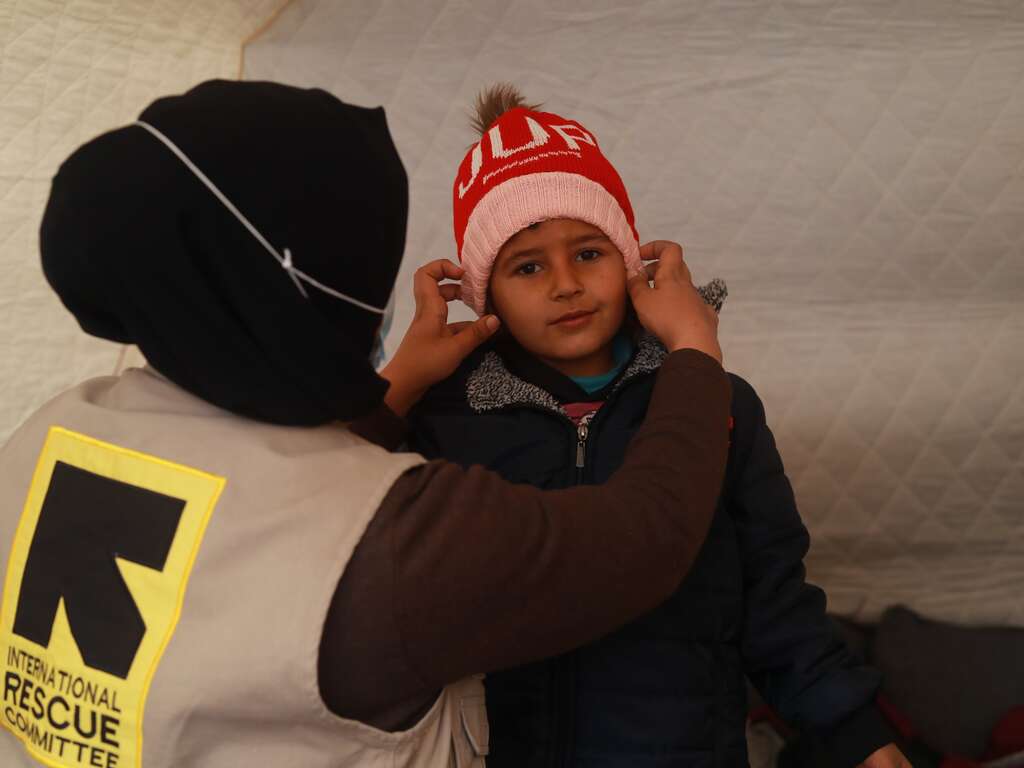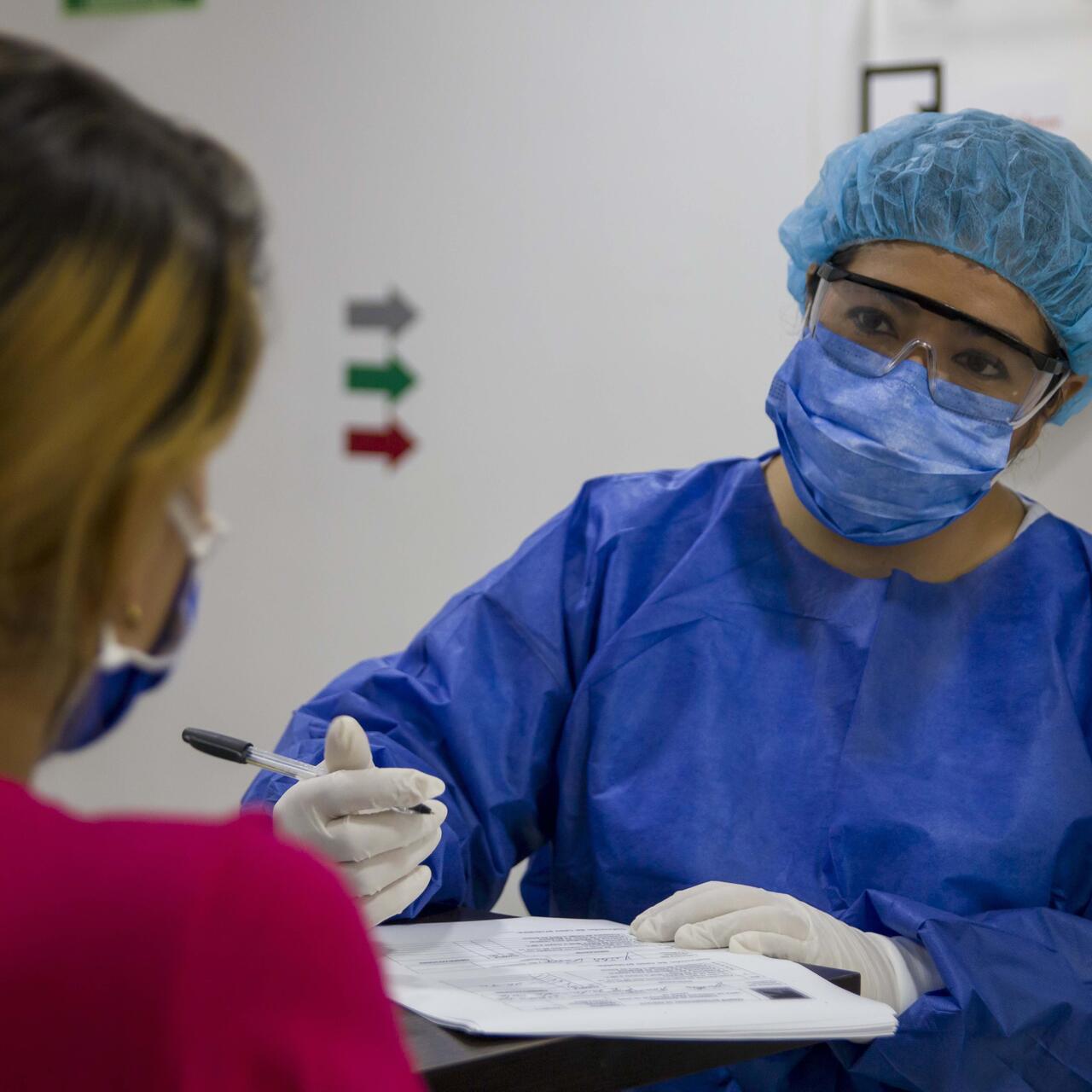
COVID-19 vaccines are rolling out across the world, but billions of people in low- and lower-middle-income countries—including those affected by crisis—will not have access to them this year, and possibly for years to come.
COVAX—the global initiative to ensure equitable access to COVID-19 vaccines for all countries—expects the vaccine to reach at most 20% of populations across low- and lower-middle-income countries in 2021. Realistically, that number will be far lower, which is unacceptable.
While wealthy countries like the United States and Canada are able to pay for the vaccine, they must understand that the pandemic cannot be fully controlled until everyone, around the globe, is accounted for. Vulnerable people living in conflict-affected countries, in particular, are being hit hardest by this crisis. Even before the pandemic, many people living in these contexts experienced a range of challenges from life-threatening violence to crowded refugee camps, poor hygiene conditions, and weak health care systems. Many of these low- and lower-middle-income countries will be unable to afford to purchase vaccines for their people. Meanwhile high-income countries are ordering more vaccine doses than they need.
While wealthy countries like the United States and Canada are able to pay for the vaccine, they must understand that the pandemic cannot be fully controlled until everyone, around the globe, is accounted for.
“The challenge is that, because of limited supply, it will be a long time before those vaccines are made available to low-income countries and can make a meaningful impact in terms of slowing down or controlling the pandemic,” said the International Rescue Committee’s senior health director Mesfin Teklu Tessema. “That is our concern.”
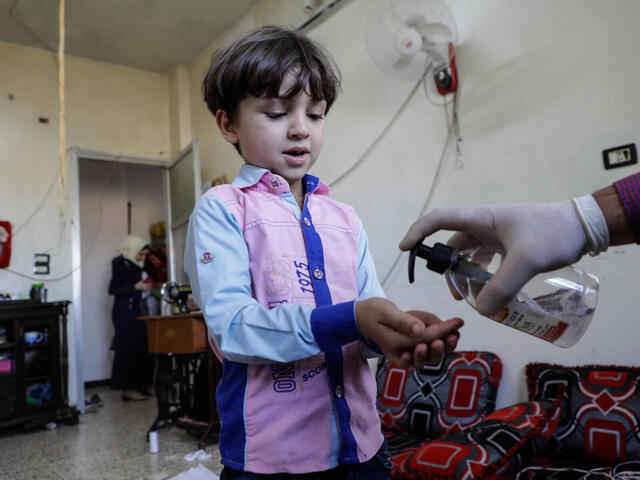
What needs to be done
Vaccines must be made available across both high- and lower-income countries, including to vulnerable communities such as refugees.
High-income countries should also shore up their supply chains so when and if their vaccines can be delivered to other countries, they’re still viable, especially if those countries lack the Specialised equipment to store them.
In addition to preparing for the COVID-19 vaccination efforts, countries should continue providing routine vaccinations and promoting proper hygiene methods to prevent the spread of other illnesses and disease.
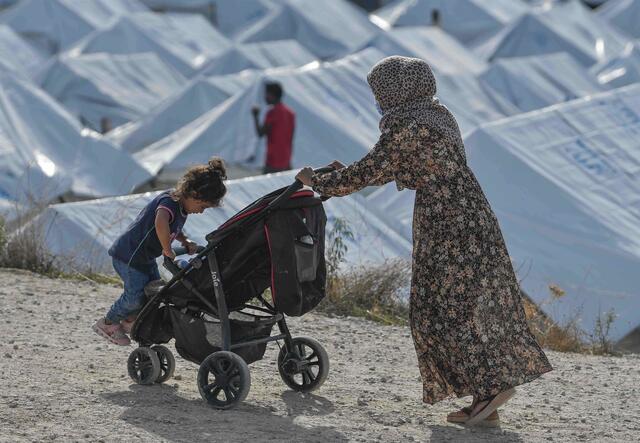
“The vaccine is one tool available to control this pandemic, but it’s not the only one,” said Dr. Tessema. “There are other matters that work in terms of prevention, including hand-washing, wearing masks, social distancing, and staying at home when sick. We should continue to practice those behaviors to make sure there is no uncontrolled spread of the pandemic.”
What the IRC is calling for
The IRC urges high-income countries to invest in COVAX in order to help provide vaccinations to countries that are unable to purchase the vaccine doses themselves.
“Countries have procured more doses than they need for their entire population,” said Dr. Tessema. “We are encouraging these countries to share their excess vaccines with COVAX so that low-income countries can access the same vaccine at the same time.”
As richer countries like the UK roll out #COVID19 vaccinations, billions of people around the world will not receive a vaccine in 2021.
— International Rescue Committee - UK (@RESCUE_UK) January 24, 2021
IRC's @Mesfinteklu explains why we must ensure that no-one is left behind.https://t.co/NIOuz9Mldg
The IRC is also calling on high-income countries to share COVID-19-related technology so other countries can begin manufacturing vaccines in their own facilities. Creating vaccines outside of just pharmaceutical companies can increase the speed and scale of their availability.
The governments of low-income and refugee host countries must also make their vaccines available to vulnerable populations within their borders.
“We need to make sure that the people that we care for are included in national immunization plans,” said Dr. Tessema. “For example when Jordan started administering the COVID vaccine, they included refugees, many of whom came from Syria. That’s the kind of help we’re looking for.”
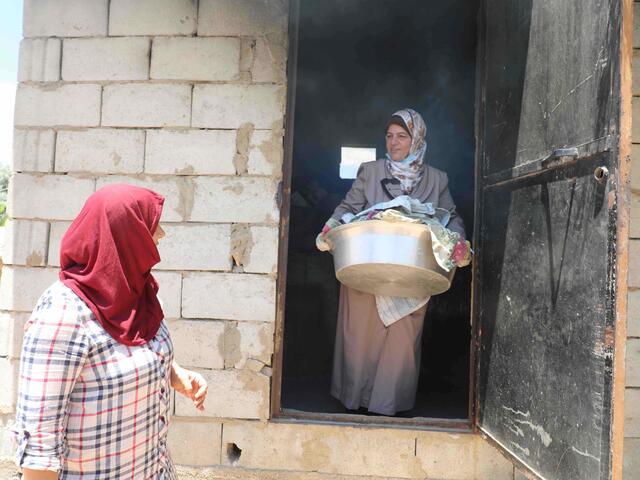
As part of these efforts, the IRC is urging the Biden Administration to commit $20 billion in aid to fight COVID-19 globally and to share the U.S.’s already-purchased excess COVID-19 vaccine doses with the COVAX Facility.
How the IRC is helping to fight COVID-19
The IRC is scaling up our response to the coronavirus pandemic, providing lifesaving programs to vulnerable communities in over 40 countries across the world. This includes providing essential health care services to refugees, sharing vital information about hygiene, handwashing, and self-isolation, training health workers on how to keep themselves safe, and providing essential protective equipment to aid workers.
We are also actively building partnerships with organizations like COVAX to help countries in need prepare for the rollout of COVID-19 vaccines. For example, we’re working with Gavi, the Vaccine Alliance to advocate for equitable access to vaccines—including for populations affected by crisis.
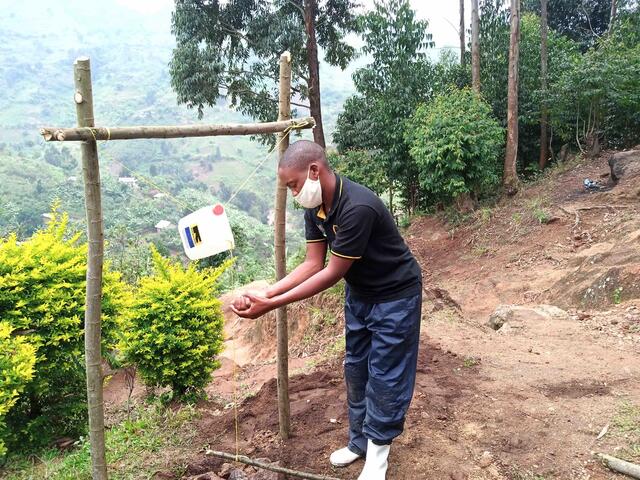
Gavi was created to make vaccines available to low-income countries,” said Dr. Tessema. “The way they do it is they aggregate demand and then negotiate that demand with vaccine suppliers so they can get a better deal.”
When vaccines are available, we plan to help administer them through the network of health facilities we support in the countries where we work—ensuring equitable access to lifesaving care for all.
Learn more about the IRC’s coronavirus response.
*Last names omitted to protect privacy
